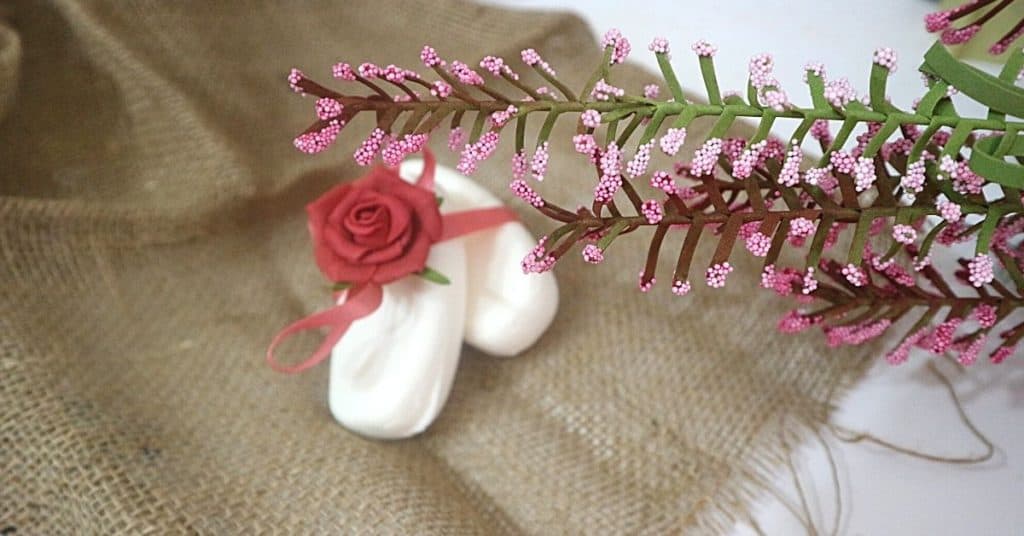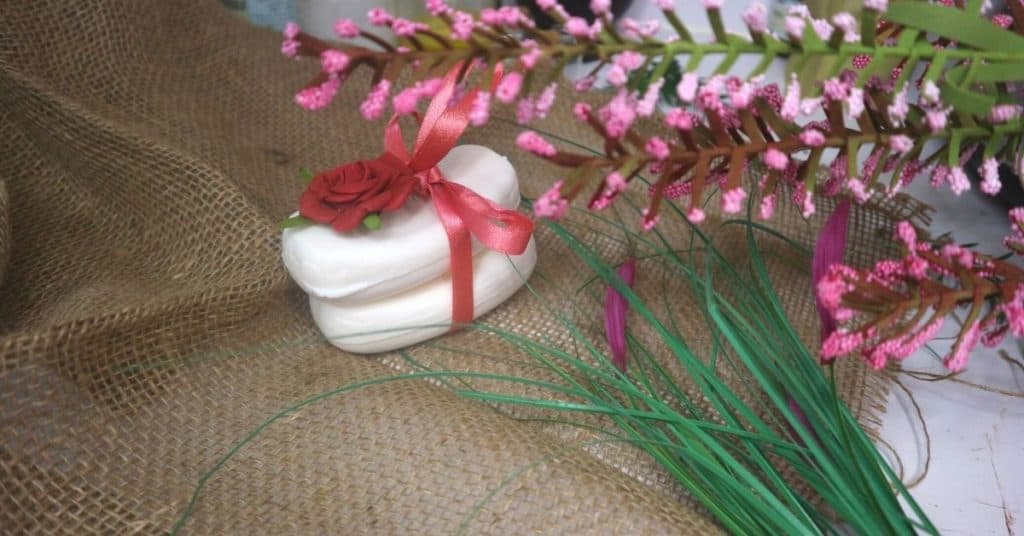As a mom of a teenage girl, I have seen a big concern of my daughter’s look and beauty is removing her acne. Our conversation normally goes around why I am not making a new face mask for her acne, why I am not suggesting a new product to make her face glow and remove her acne, am I really a pharmacist? Recently one of her concerns to find the best soap or best cleanser to wash her face every day to remove excess face oil so she gets rid of her acne. This is actually a question of many people to find a soap or cleanser to remove oil from their face to improve acne. Because they think poor hygiene may contribute to deteriorating the symptoms. So in this article, I explain the best soaps or cleansers for your face with acne and how often to use them.
Best soap or cleanser for acne
Washing frequency
Before I go through the type of product to use, I want to explain how often you should actually wash your face.
A group of researchers compared the frequency of face washings in patients with acne. They have found that patients should wash no more than twice daily with a mild soap or soapless cleanser. Patients with acne may wash too frequently, attempting to remove surface oils. There is no evidence this is helpful since surface lipids do not affect acne.
How long you should leave the soap on your skin
Most washes should remain on the skin from 15 seconds to 5 minutes followed by thorough rinsing, limiting the amount of time the active ingredient is in contact with the skin.
Other cleansers are applied after washing and left on the skin without rinsing.

What are the best soaps or cleansers for acne
Medicated soaps, washes and foams may contain topical antiseptics or peeling agents such as salicylic acid, sulfur, benzoyl peroxide or clindamycin, alone or in combination in low concentrations.
Are Bacteriostatic soap are the best soaps for acne?
Bacteriostatic soaps are not always a good choice. If you have acne, you are particularly susceptible to comedogenic substances. So if you apply bacteriostatic soaps several times daily for long periods, they may aggravate your skin. Soaps containing coal tar, which can induce folliculitis, are not indicated for acne.
Glycerin soap for acne
Glycerol or glycerin is a derivative from plant-based oil. You can use it for your face and body. It may be beneficial for acne or dermatitis. Moreover it is not greasy, so it may be a good option for people with combination to oily skin. However it is not a cure for acne.
Polyester cleansing sponges
Polyester cleansing sponges (e.g., Buf-Puf) are synthetics that abrade the skin surface, removing superficial debris. They are unlikely to remove comedones, considering the structure of these lesions. People use them to cleanse away makeup, dirt and excess oil. The sponges are available in soft or coarse textures, with or without soap.
You have to be careful when you are using these sponges. Avoid doing a circular or rubbing motion because it will increase irritation. Instead use single, gentle, continuous strokes on each side of the face, from the midline out towards the ears.
Salicylic products
Salicylic acid products are often used as first-line therapy for mild acne because of their wide availability. They are available in alcohol-detergent–impregnated pads as well as washes and bars.
Alcohol-detergent wipes
Alcohol-detergent wipes, swabs or “pledgets” impregnated with antibiotics, such as clindamycin, are available. The antibiotic is deposited in low concentrations on the surface of the skin, and may not penetrate to the depths of the sebaceous duct. Although you may like the convenience and perception of using an active agent, we can’t recommend them over simple cleansing.
Abrasives for acne
These products consist of finely divided particles of fused aluminum or plastic together with cleansing and wetting agents. Abrasives peel and remove surface debris and may assist resorption of papules and pustules but despite vigorous rubbing, they can not remove comedones. Particles such as sodium tetraborate decahydrate, dissolve on contact, limiting their usefulness as abrasives. Abrasive cleansers containing polyethylene granules are not more effective than the same cleansing agent without the abrasive granules. These products are not indicated in most cases but may be used in some patients.

Best washing products or soaps for acne
There is no evidence that one washing regimen is superior to another. You should minimize scrubbing to prevent follicular rupture. Soaps produce a drying effect on the skin due to detergent action. As medicated cleansers require increased contact time, this drying action appears, especially with peeling agents.
How to exfoliate efficiently?
You may wonder if abrasives are not the best options for removing comedones, what you should do. And how to exfoliate efficiently. Chemical exfoliants are efficient in exfoliating. These products contain ingredients that dissolve the bonds that hold dead cells on the skin’s surface. You can find these products mostly over the counter in drugstores. In some cases, you may need a prescription to get the stronger one with a high concentration.
Chemical exfoliants are:
- Alpha Hydroxy acid
- Salicylic acid
- Topical retinoids
These exfoliants are very effective. They can penetrate more deeply than any other scrub. Stronger treatments than over-the-counter products are always available with a prescription.
Conclusion and a few useful tips:
- Wash your face no more than twice daily with a mild soap or soapless cleanser. I always use a cleanser for sensitive skin and never use soap on my face.
- Be gentle on your face, using harsh products does not remove the bacteria deep in the follicle. You only remove surface bacteria and not Propionibacterium acnes.
- Apply your sunscreen (SPF ≥30) with an oil-free base. Inflamed skin is more susceptible to the damaging effects of ultraviolet light.
- Always follow a balanced low-glycemic-load diet.
More important factor, love yourself, you are beautiful as you are!
Please leave me your comments, talk about your experiences and share this article with others. Thank you so much!
with so much love!! Fatemeh

Amazing blog, I’m very happy to read this blog. Basically, I know new many things to read this blog. I strongly believe that the blog delivers the best information to its audience.